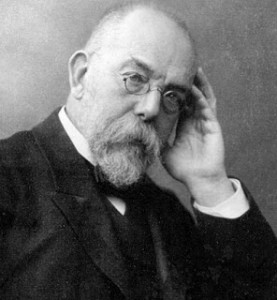Welcome to the Wakefield Doctrine (the theory of clarks, scotts and rogers)
This is the Six Sentence Story bloghop.
Denise is our host.
Hey! Let’s jump back to the serial story, ‘the Whitechapel Interlude‘ for a break from our moving-in/redecorating chores at the Six Sentence Cafe & Bistro. To help you get caught up, here’s the link to Chapter 38. While the over-arching narrative is focused on the Order of Lilith’s mission in the Whitechapel neighborhood of 1880s London and a mysterious Count dwelling in an eastern Europe city, there is a branching plot line, (beginning in Chapter 38), that has Brother Abbott returning to a life he would have preferred to leave in his past. Now, as a top-billed performer on the vaudeville circuit, he renews old acquaintances.
Prompt word:
INGREDIENT
“I wasn’t talking to you, I was talking to the dummy.”
“Who are you calling a dummy?”
The late-morning interior of the Théâtre du Vaudeville was empty in the curious way of public buildings, a darkness that seemed possessed of an appetite for any and all sound, only the stage was protected by artificial light; being late morning, when performers were allowed time to rehearse on the broad stage, the sounds of Saturday on the Boulevard des Capucines whispered like an audience before curtain rise, ingredients of a feast lacking only the skill of the chef.
In the center of the stage, two men stood: one adjusting the balance of the one-third-scale man sitting in the crook of his left arm, carved wooden limbs wrapped in a miniature tuxedo and glistening-button eyes; the other, Brother Abbott, remembering one of the reasons he did not regret leaving behind ‘the life’, when he joined the Order of Lilith, even as a pair of glass eyes sought his own.
Nodding towards the card on the tripod left of center stage, vermillion ink, executed in 84 pt Didot lettering, shouted: ‘Monsieur Magnifique and Petit Pierre’; Brother Abbott smiled and pulled at the sleeve of his tailored waistcoat,
“Still not giving the true talent top billing?” after a pause, both men burst into laughter.
Angelique Déchue, polishing the brass rail marking the empty edge of the mezzanine, heard three voices: one thinly enthusiastic, a most wary of welcomes, another raucous and barely-restrained joy and the third, a measured confidence with a subtle undertone of a mature predator; watching only the convex reflections of the two men on the stage below, she crossed herself and clutched the small crucifix resting protectively over her heart.















